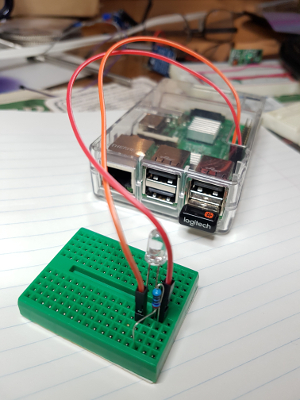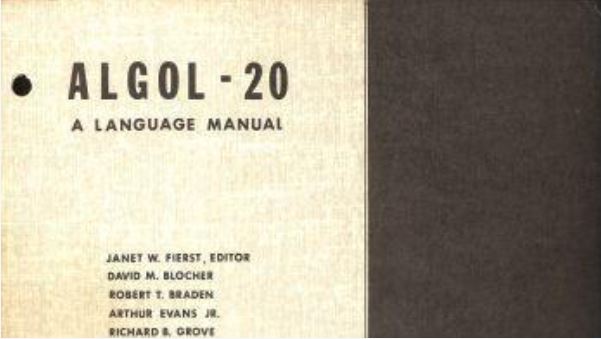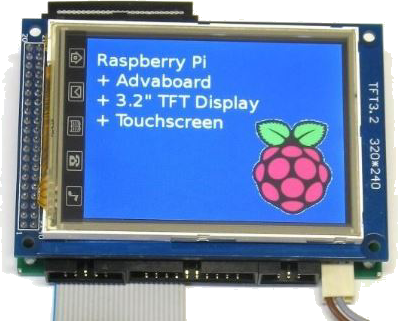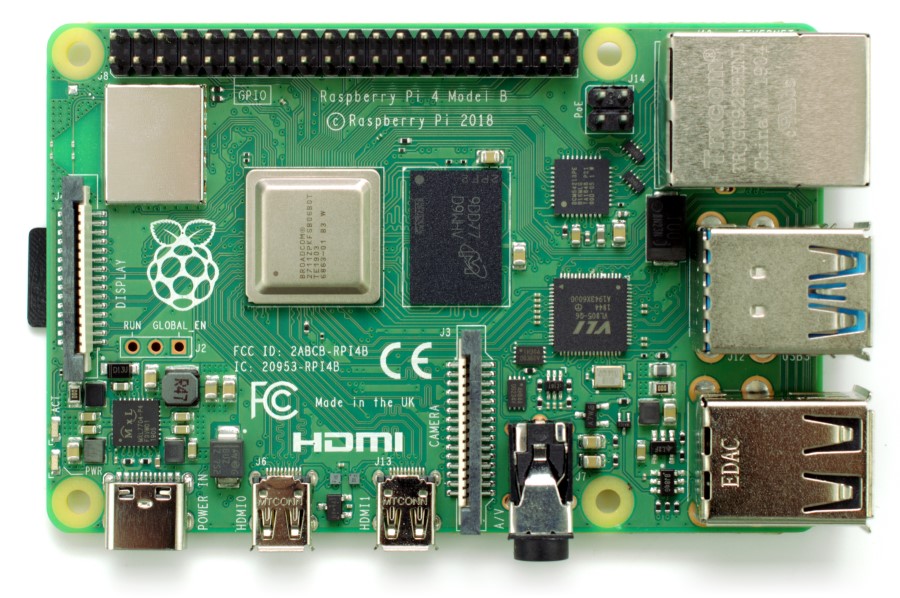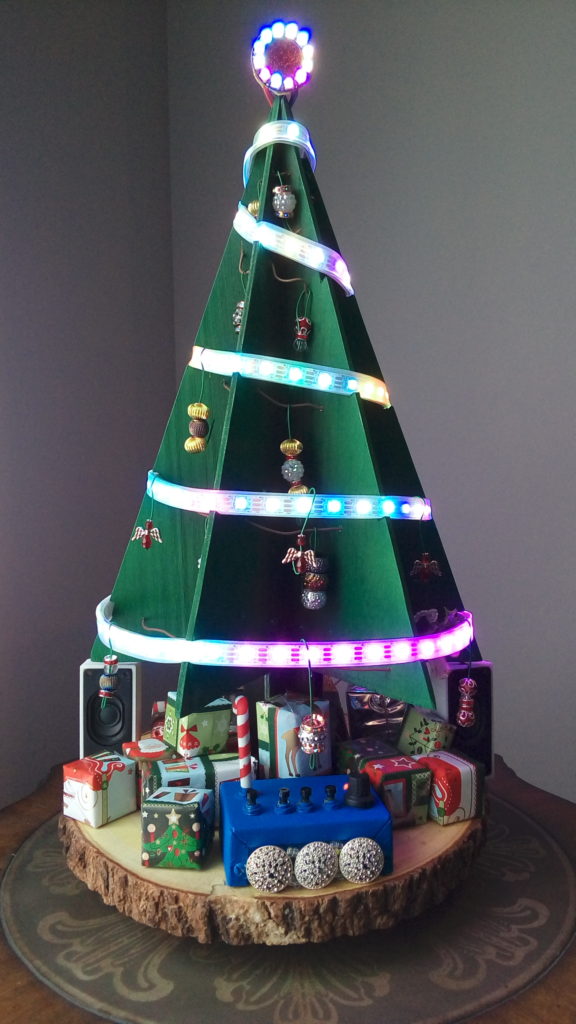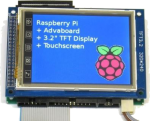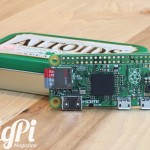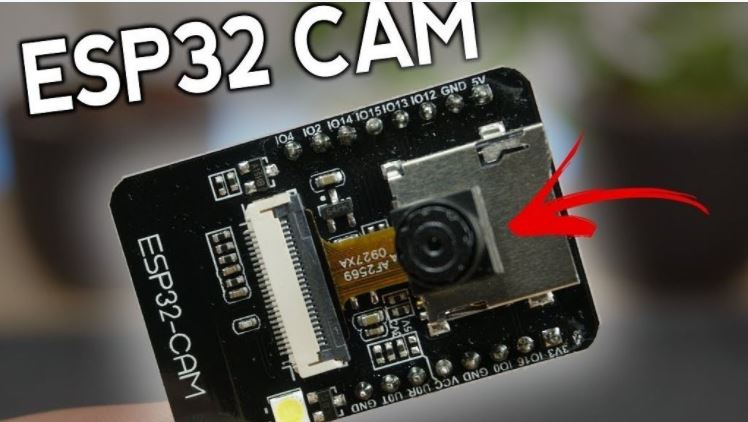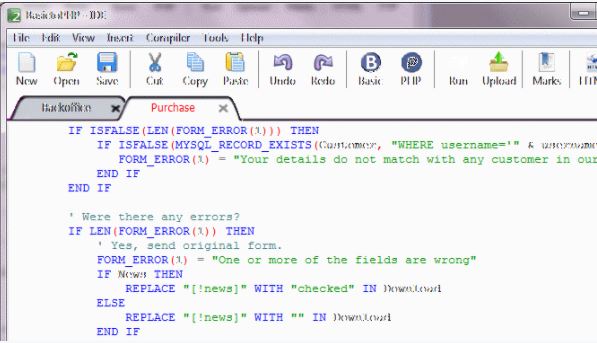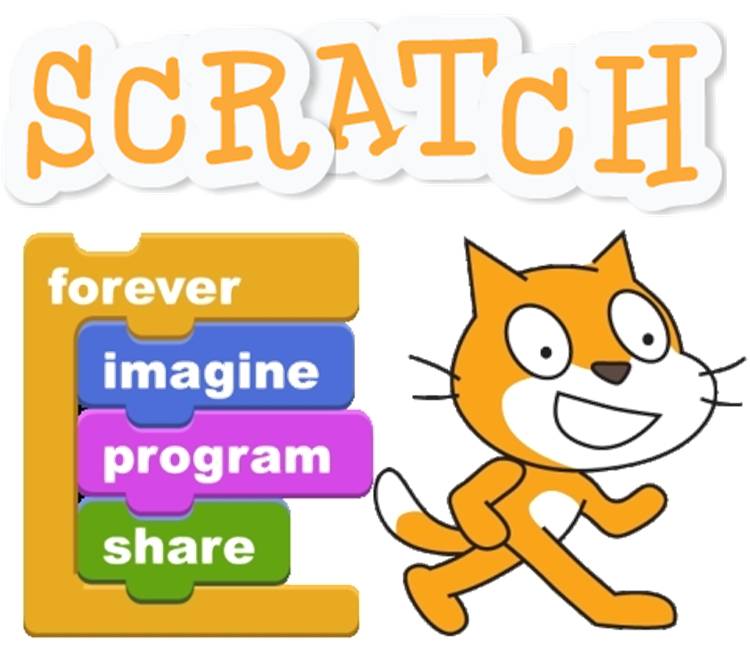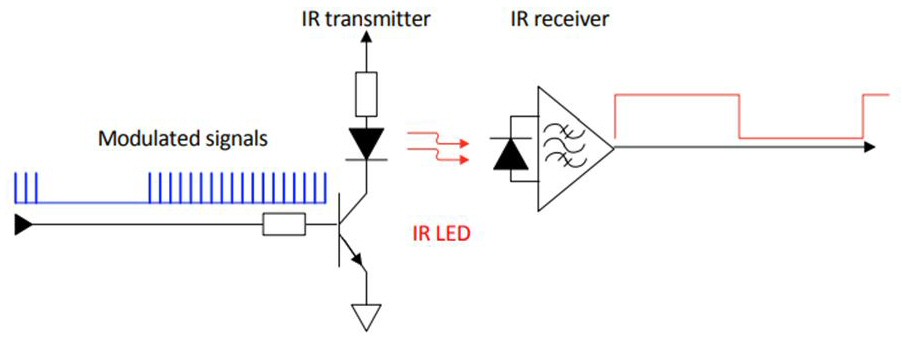
Jim Briante presenting
9:30-10a Cocktails & Conversation (virtual)
10a Presentation
Jim’s Presentation Notes are here.
IrDA Infrared communication
Infrared Emitting Diode
• Angle of half intensity: ϕ,
• Relative radian power vs wave length
Infrared Receiver
• Series for remote control
• Automatic gain control (AGC)
• Data format compatibility
Data Encoding Methods
• Pulse distance encoding, Pulse width encoding, Manchester bi-phase encoding
Basic IR System –IR emitter/receiver
• External components/software
• Generating Pulses
• With PSoC PWM interrupts
• Raspberry Pi Pico State Machine
• Receiving Pulse
• Raspberry Pi Pico using interrupts
Single Pulse Application Example
IR Receiver for Continuous Data Communication
• What works for RS-232 data transmission and why?
Project Utilising IR emitters/Receivers using RS-232 Communication
Reference
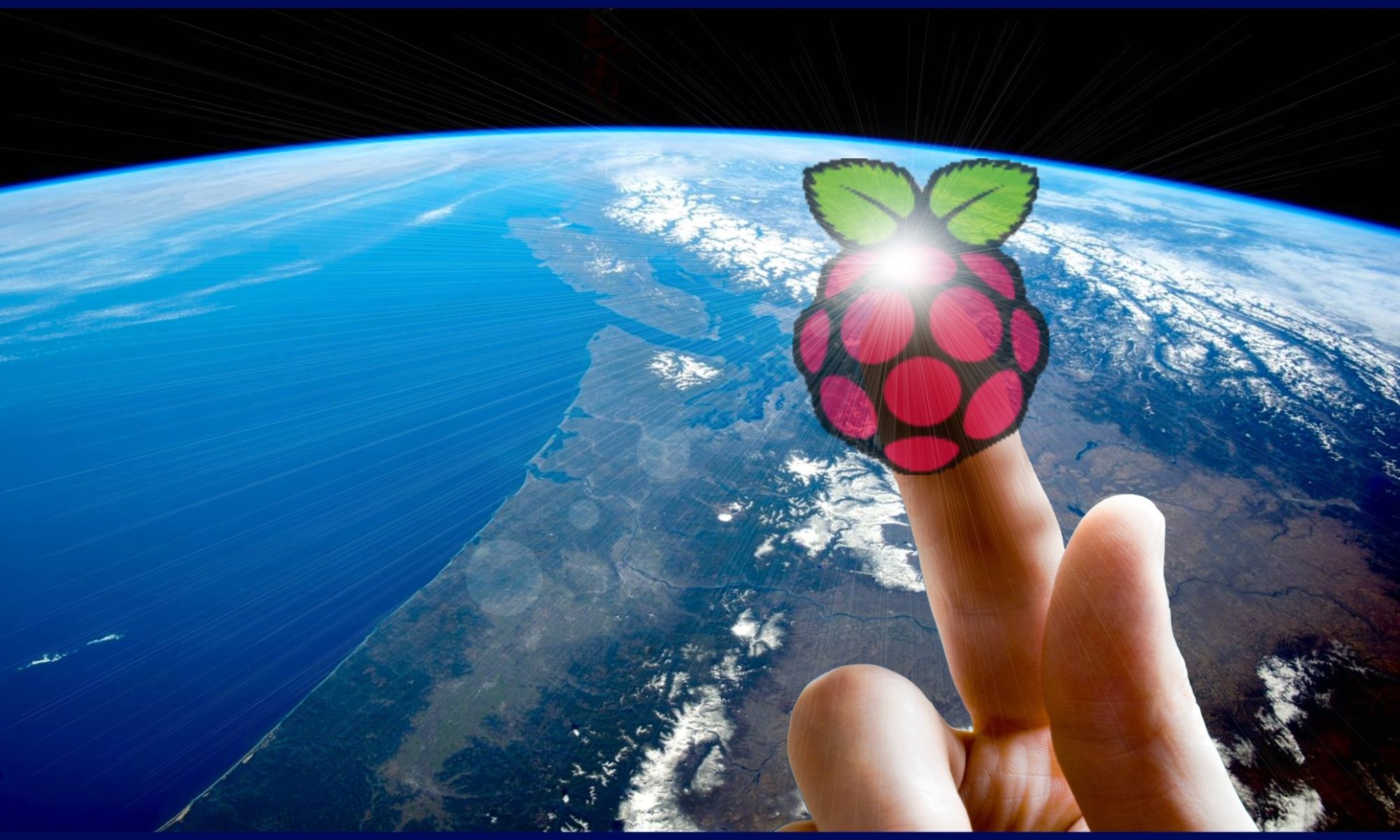

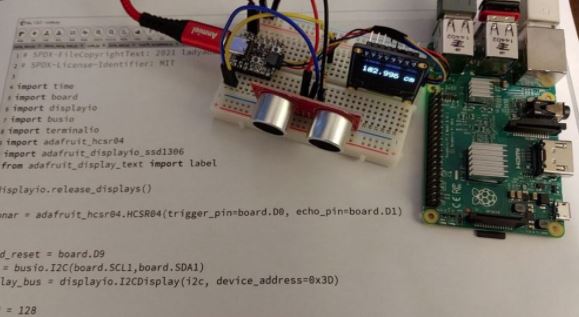
 9:30-10a Cocktails & Conversation
9:30-10a Cocktails & Conversation